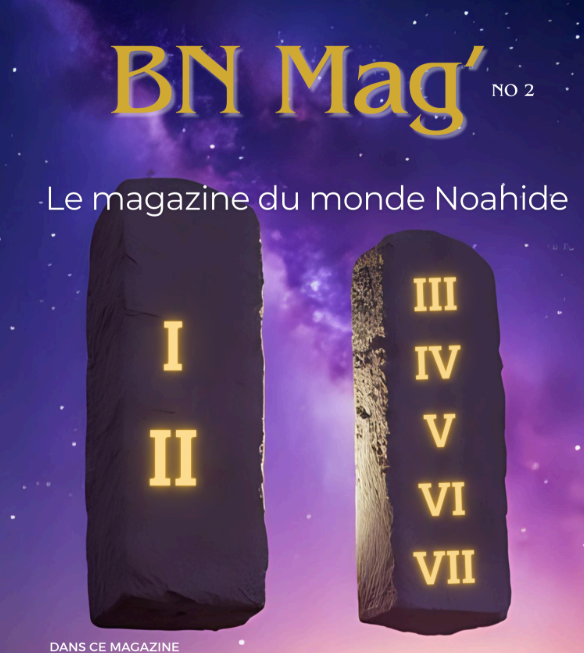En los inicios del sionismo, las personas religiosas se oponían a que el Congreso Sionista se ocupara de la cultura y la religión, temiendo que esto pudiera inhibir la cooperación entre los diferentes sectores de la nación e interferir con el logro del objetivo político de establecer un país viable. Rab Kook se opuso a este enfoque y consideró que solo era posible un auténtico despertar nacional con el correspondiente rejuvenecimiento cultural. Es necesario involucrarse en la cultura a pesar del peligro de que esto nos obligue a luchar por desarrollar sus características propias (Igrot Reiyah, 158).
¿Y qué constituye el rejuvenecimiento santo?
Podríamos haber pensado que consistiría en regresar a la conducta religiosa tradicional, preocupada únicamente por el destino espiritual y la felicidad de cada individuo, y no por el rejuvenecimiento político; es decir, que el sector no religioso se arrepintiera y comenzara a observar las mitzvot (mandamientos). Sin embargo, si bien es indudable que es esencial que todo judío cumpla todas las mitzvot (mandamientos), ese no es el objetivo principal del rejuvenecimiento "sagrado".
Lo sagrado sin lo secular es débil y no tiene el poder de elevar la vida de la comunidad ni de toda la humanidad. La vida secular contiene un poder de santidad que no pudo abrirse paso durante el exilio, incluyendo la "santidad de la naturaleza". Esto se revelará en el proceso de redención (véase Orot, página 45, y Orot HaKodesh, sección 2, 23). Esto nos lleva a concluir que el rejuvenecimiento secular es una forma de renovación de la santidad y no un mero paso preliminar hacia la meta.
La negación por parte de los religiosos del valor del renacimiento de lo secular y la visión de la participación en la empresa sionista como una aventura peligrosa que puede exigir un precio demasiado alto, al tiempo que enarbola la bandera del aislamiento religioso, todo esto hará que la santidad se debilite, ya que no puede sostenerse sola sin la vitalidad de la vida secular.
Rav Kook escribe:
En los círculos religiosos, por otro lado (es decir, a diferencia del agotamiento de las fuentes sagradas por parte del sector académico secular), esto puede llevar a un debilitamiento de la fuerza, debido a la falta de influencia secular… Por lo tanto, debemos revelar el programa de la fuerza espiritual unificada, ya que este es nuestro secreto único, que jamás será revelado a ninguna otra nación. [Igrot Har'iyah, 748].
La santidad religiosa, que Rav Kook describe como "santidad regular", no es más que un aspecto de la verdadera santidad exaltada. Exponer la forma sagrada de la santidad, que opera en todos los ámbitos de la vida y se manifiesta en toda su perfección mediante la combinación de las diversas identidades que conforman la imagen pública de Israel —religión, sentimiento nacionalista y una visión cosmopolita (véase Orot, págs. 70-72)—, es la misión de la generación del rejuvenecimiento.
Para comprender mejor este concepto, le invitamos a leer el libro del rabino Cherki: "Santidad y Naturaleza", un libro electrónico recomendado por el presidente de Israel, Itsjak Hertzog. ¡Tenga en cuenta que se venderá a precio completo una semana después de que se publique en el sitio web!



